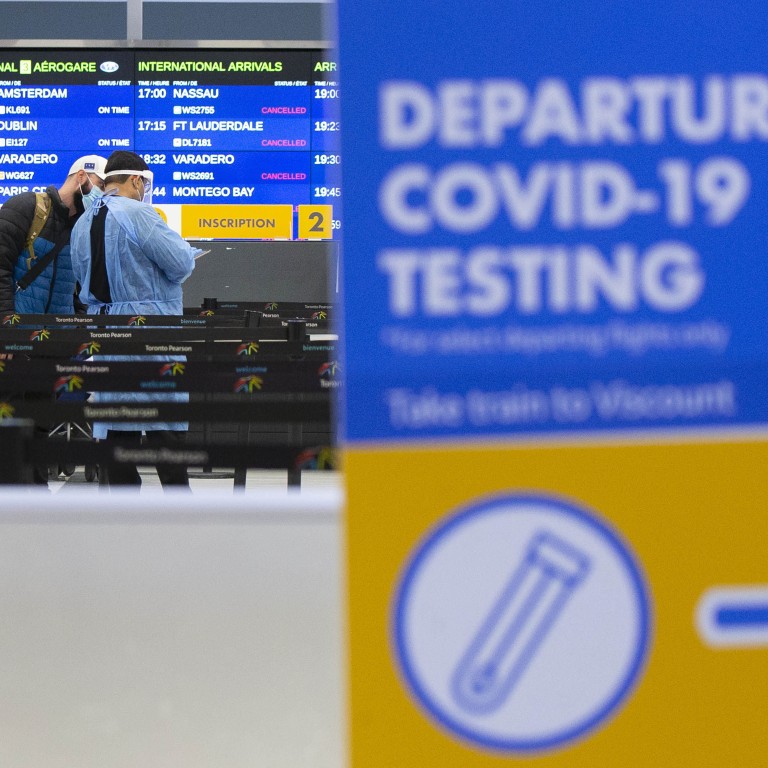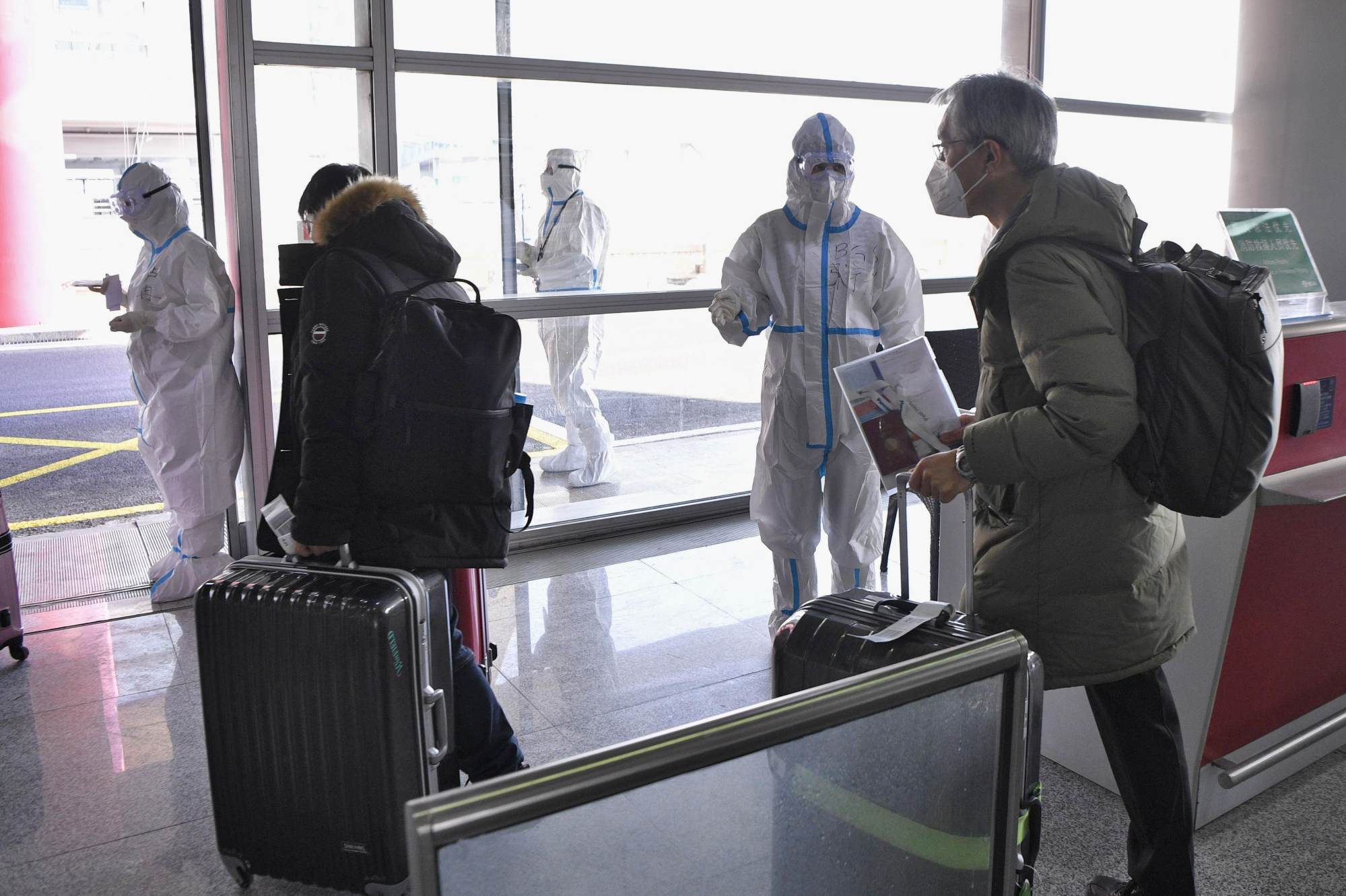
Covid-19: Chinese embassy in Canada urges travellers to follow strict self-isolation rules
- China requires passengers to show a negative test from seven days before a journey, to stay home for that period, and provide two more negative results within 48 hours
- Embassy claims some people have tested positive on arrival and that they did not self-isolate in the previous week, calling it ‘shocking and unfortunate’
As of January 14, anyone travelling directly to China from Canada must provide an additional negative PCR test result taken seven days before their flight and self-isolate for that period. They also need to show negative PCR and IgM tests taken within 48 hours of boarding.
In a statement on Wednesday, the embassy said some people had tested positive after arriving in China from Canada and that they had not followed the home quarantine rules – which are self-managed – in the week before they travelled.
“It is shocking and unfortunate that there are still people … going out without permission after double testing, which seriously endangers their own health and public health,” the embassy said, referring to the two tests taken within 48 hours of travel.
“Some went to KTV (a form of karaoke); to game rooms and other entertainment places … some went to restaurants and supermarkets frequently, and some met friends several times before the trip,” the statement said, without saying how many cases were involved.

The embassy said people travelling to China should follow the rules. “Do not go out, and do the seven-day health monitoring by filling out the personal health monitoring form truthfully.”
According to that form, a traveller must self-isolate for the week before the journey except for going out to get tested and if they are taking transit flights within Canada. It says passengers must “be aware of the legal consequences in the case of partial or false disclosures”.
Meanwhile in Canada – which reported its first Omicron infection in late November – there was a steep rise in daily cases in December and it reached a peak on January 10 when more than 65,000 new infections were reported.
China has recorded Covid-19 cases among people arriving from Canada since the end of last year in major cities including Shanghai and Guangzhou.

